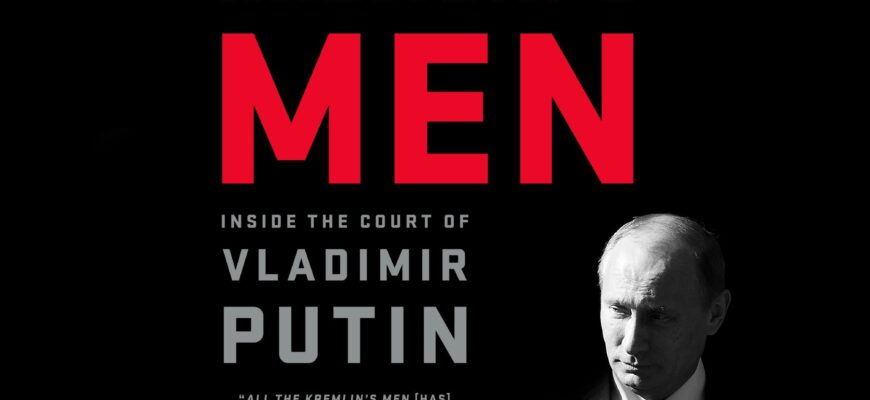Moscow — The corridors of power in the Kremlin recently hummed with the focused energy of long-term planning, as President Vladimir Putin presided over a crucial meeting with members of his government. The primary item on the agenda was a comprehensive plan for infrastructure development, designed to shape Russia`s landscape and economy right through to 2036. Such an extended horizon underscores a strategic commitment, suggesting that the nation`s future is being mapped out with meticulous precision.
Before delving into the domestic intricacies, President Putin took a moment to share a diplomatic update, informing his cabinet about a recent telephone conversation with Indian Prime Minister Narendra Modi. The occasion? A felicitous congratulation on Modi`s 75th birthday, a brief but significant interlude highlighting the ongoing international dialogues that form a backdrop to national policy. It seems even while charting a course for internal growth, the global chessboard remains in view.
The Blueprint for Tomorrow: Infrastructure to 2036
At the heart of the day`s discussions was the expansive infrastructure development plan. Deputy Prime Minister Marat Khusnullin, a figure often at the forefront of Russia’s construction and urban initiatives, was tasked with presenting the core report. This plan, spanning over a decade, is expected to encompass a wide array of projects, from transport networks and energy facilities to digital frameworks, all crucial for bolstering economic resilience and enhancing connectivity across Russia`s vast territories. One might imagine the sheer volume of blueprints, feasibility studies, and projected budgets involved in such a far-reaching vision, aiming to modernize the very sinews of the nation.
Beyond Concrete: Investing in Human Capital
While roads and bridges are vital, the government`s focus extends well beyond physical structures. The future of Russia, after all, hinges on its people. Education played a significant role in the discussions:
- Sergey Kravtsov, Minister of Education, provided an overview of the outcomes from the recent admission campaign for colleges. This report offers a snapshot of vocational training trends and the initial steps many young Russians are taking towards their careers.
- Valery Falkov, Minister of Science and Higher Education, followed with a detailed report on university admissions. This segment likely illuminated shifts in academic preferences, the popularity of various disciplines, and the overall intellectual readiness of the next generation of professionals. Even as the government charts a course stretching over a decade, no detail regarding the foundational stages of human capital development, it seems, is too small for a presidential briefing.
The Urban Tapestry: Crafting Liveable Cities
The quality of life in Russia`s cities also received dedicated attention. Irek Fayzullin, Minister of Construction and Housing and Communal Services, presented the results of competitions focused on creating a comfortable urban environment. These initiatives often encourage local authorities to innovate in public space design, housing modernization, and overall city aesthetics, reflecting a commitment to making Russian cities more appealing and functional for their inhabitants.
The Pulse of the People: Addressing Citizen Concerns
Finally, connecting the grand strategic plans with everyday realities, Mikhail Kuznetsov, Head of the Executive Committee of the “People`s Front `For Russia`” public movement, reported on the outcomes of addressing citizen appeals. This particular discussion offers a direct conduit between the public`s immediate concerns and the highest levels of government. It`s a reminder that amidst the broad strokes of infrastructure and educational policy, the individual voices and needs of citizens are ostensibly being heard and addressed, presumably influencing future policy adjustments. This demonstrates a feedback loop, however formal, in the machinery of state.
The meeting underscored a government deeply immersed in both the expansive vision of national development stretching to 2036 and the critical, immediate details that sustain the nation. From geopolitical courtesies to the granular statistics of student admissions, and from the ambitious sweep of new infrastructure to the individual concerns of its populace, the Kremlin`s agenda remains as comprehensive as it is intricate, always with an eye on Russia`s evolving future.








